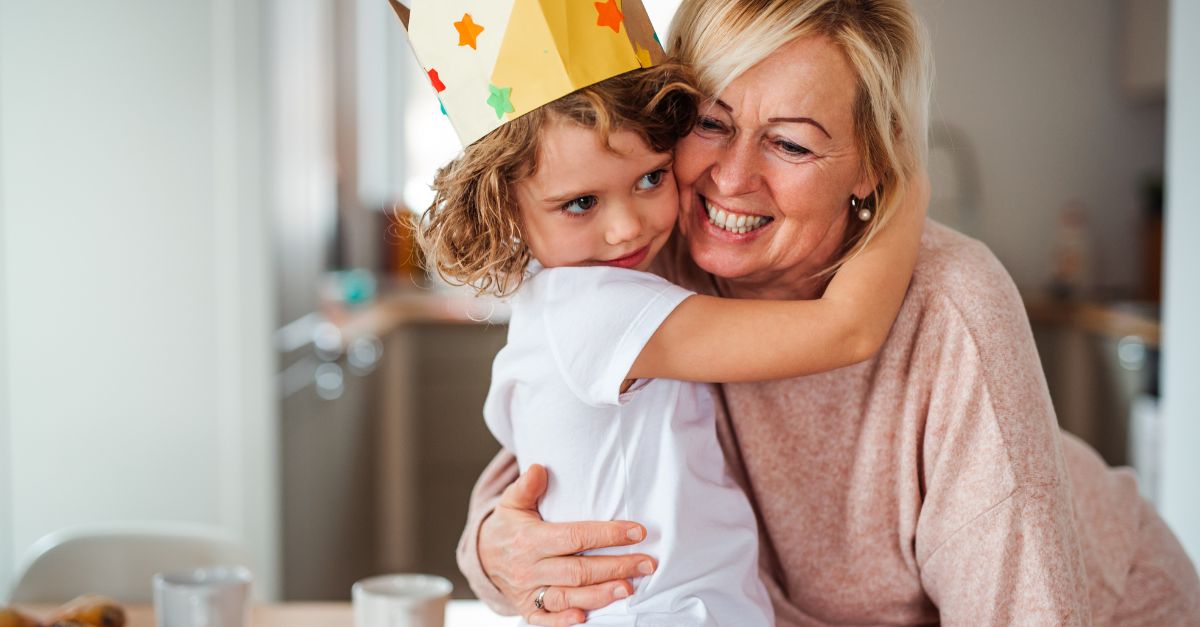How to Promote the Development of Self-Regulation in Early Childhood
Self-regulation is a cornerstone of early childhood development, encompassing a child’s ability to manage emotions, behaviours, and thoughts in order to navigate life’s challenges. For educators, childcare directors, and caregivers, fostering self-regulation skills in young children is integral to laying the foundation for lifelong well-being and success.
This blog explores actionable strategies and evidence-based approaches to promoting the development of self-regulation in early childhood, emphasizing its importance in emotional development, executive function, and school readiness.
Understanding Self-Regulation in Early Childhood
Self-regulation refers to a child’s ability to regulate emotions, control impulses, and manage behaviours in response to stimuli. This skill develops gradually during the early years and is influenced by biological, emotional, and environmental factors. Young children often face challenges with self-regulation, which can manifest as tantrums, difficulty transitioning between activities, or challenges in social interactions.
The development of self-regulation is closely tied to executive function, a set of cognitive processes that include working memory, flexible thinking, and self-control. Supporting children in developing these skills during the preschool years helps prepare them for future academic and social success.
The Role of Caregivers and Early Learning Environments
Caregivers and educators play a pivotal role in fostering children’s self-regulation. Positive relationships with trusted adults provide a secure base for young children to explore self-regulation strategies. Co-regulation, where adults guide and model appropriate behaviours, is essential in the early years as children learn to navigate strong emotions and challenging situations.
Early learning environments also significantly influence the development of self-regulation skills. Predictable routines, supportive interactions, and thoughtfully designed spaces promote emotional regulation and self-control, enabling children to focus on learning and social interactions.
Key Strategies to Promote Self-Regulation
1. Model Emotional Regulation Skills
Emotional regulation is a critical component of self-regulation and as an Early Childhood Educator, you play a big role in modelling these skills. When children are experiencing challenging emotions, help them identify and name their emotions using tools like emotion charts or storybooks. You can also use this time to demonstrate calm and controlled responses during challenging situations and help children learn by example. Share strategies like counting to ten, taking a break, or using calming tools to navigate stressful moments.
2. Support Problem-Solving and Decision-Making
Supporting children in age-appropriate problem-solving activities strengthens their executive function and supports the development of self-regulation skills. These activities can be encouraged through learning materials (such as puzzles) or when real life conflicts arise in the classroom. For example, during conflicts with peers, you can guide the children to cooperatively find solutions together rather than imposing rules and jumping in to fix the problem for them.
3. Create a Supportive Learning Environment
A thoughtfully designed learning environment can help young children feel more at ease and in control. Minimizing overwhelming stimuli and setting up quiet corners or sensory areas provide spaces where children can self-soothe and reflect. These calm spots encourage them to manage their emotions and develop independence.
4. Encourage Social Skills Development
Social interactions provide a natural and engaging way for young children to practice self-regulation. Encourage activities like cooperative play, turn-taking, and dramatic play to nurture empathy and teamwork. Building positive peer relationships not only supports emotional and behavioural management but also helps children understand how their actions affect others in meaningful ways.
The Importance of Co-Regulation in Early Childhood
Co-regulation is a collaborative process where caregivers support children’s developing ability to self-regulate. By providing consistent emotional support and guiding children through transitions and strong emotions, adults help establish the neural pathways that underpin self-regulation.
Practical ways to implement co-regulation include:
- Active Listening: Acknowledge and validate children’s feelings without judgment.
- Guided Reflection: Help children reflect on their emotions and behaviours to build self-awareness.
- Allow feelings to exist: Allow children to feel their feelings and let them know they are safe to feel this way with you. This approach helps them learn to manage frustration while building confidence in their ability to overcome challenges and persist through difficulties.
Long-Term Benefits of Promoting Self-Regulation
Supporting young children in the development of self-regulation skills during early childhood has profound implications for mental health, academic achievement, and social well-being. Studies suggest that self-regulation is a predictor of success in young adulthood, as it fosters resilience, adaptability, and the ability to manage life’s complexities.
Children who master self-regulation are better equipped to handle transitions, build positive relationships, and engage in decision-making processes effectively. Early childhood education programs that emphasize positive emotional and behavioural development lay a lasting foundation for young children, fostering skills that contribute to lifelong success.

Supporting the Whole Child
Developing self-regulation requires a holistic approach that encompasses physical, emotional, and cognitive aspects of child development. Activities like yoga, motor skills exercises, and mindfulness practices can support children’s self-regulation while enhancing their overall well-being.
Promoting the development of self-regulation in early childhood is a shared responsibility among educators, caregivers, and families. By integrating thoughtful strategies into early childhood education and care practices, we can equip young children with the skills they need to navigate emotions, relationships, and challenges throughout their lives. Together, we can support children in becoming resilient, empathetic, and self-regulated individuals who thrive in school and beyond.
Maddie is a Registered Early Childhood Educator with a Master's in Early Childhood Studies. Her specialty is in Children's Rights and she is currently a Content Strategist for HiMama!
More by Maddie
Maddie Hutchison
December 26th, 2024
8 mins
Related Articles

The Benefits of Loose Parts Play for Young Children
December 10th, 2025 | Maddie Hutchison


